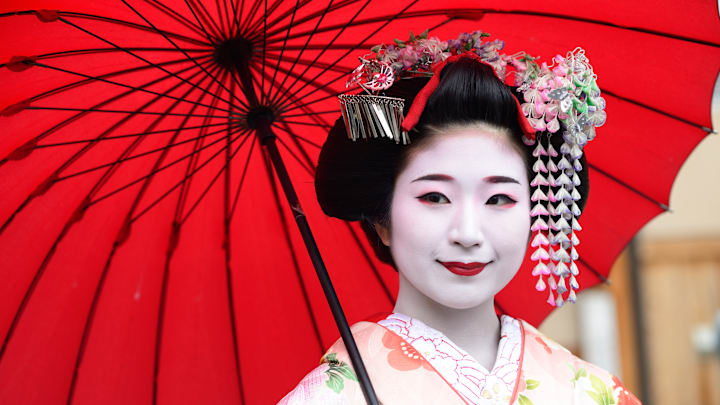Japan is a top travel destination for many reasons, including its natural beauty, rich history, and its significant influence on global pop culture. Among the most popular destinations is Kyoto’s Gion district, where tourists go to catch glimpses of geisha and maiko (geisha apprentices) walking gracefully through the streets. While it may be tempting to snap a photo, doing so can land you in trouble. Photographing geisha without their consent is outlawed in Gion and punishable by fine.
The rule stems from years of problematic tourist behavior. Unfortunately, the women who work in Kyoto’s geisha district are often treated as tourist attractions, with visitors aggressively trying to photograph them without their permission. The issue got really out of hand in 2019. That year, some travelers were seen pulling at the geisha’s clothing, chasing them down for pictures, pulling out their kanzashi (traditional Japanese hair ornaments), and pelting them with cigarette butts. In light of this misconduct, the Gion district erected signs threatening a fine of up to ¥10,000 ($68) for taking photos of the women.
Although the pandemic slowed travel to Japan, it has picked back up. The country welcomed 36.9 million travelers from foreign countries in 2024—a record-breaking statistic and a 47.1 percent increase from the previous year. In response to the influx of travelers who have ignored the signs that discourage misbehavior, Kyoto officials banned tourists from entering Gion’s private streets in 2024.
Understanding the cultural significance of the geisha makes it clear why such protective measures are necessary. The term translates to “person of the arts,” as they must become proficient in various talents—including singing, playing instruments, and dancing—to perform at events and entertain guests. Additionally, the entertainers must excel at conversation and may also need to learn other challenging skills, such as flower arrangement or calligraphy. Geisha are a rare and unique part of Japanese culture, and treating them with respect helps preserve that tradition.
Read More About Travel:
